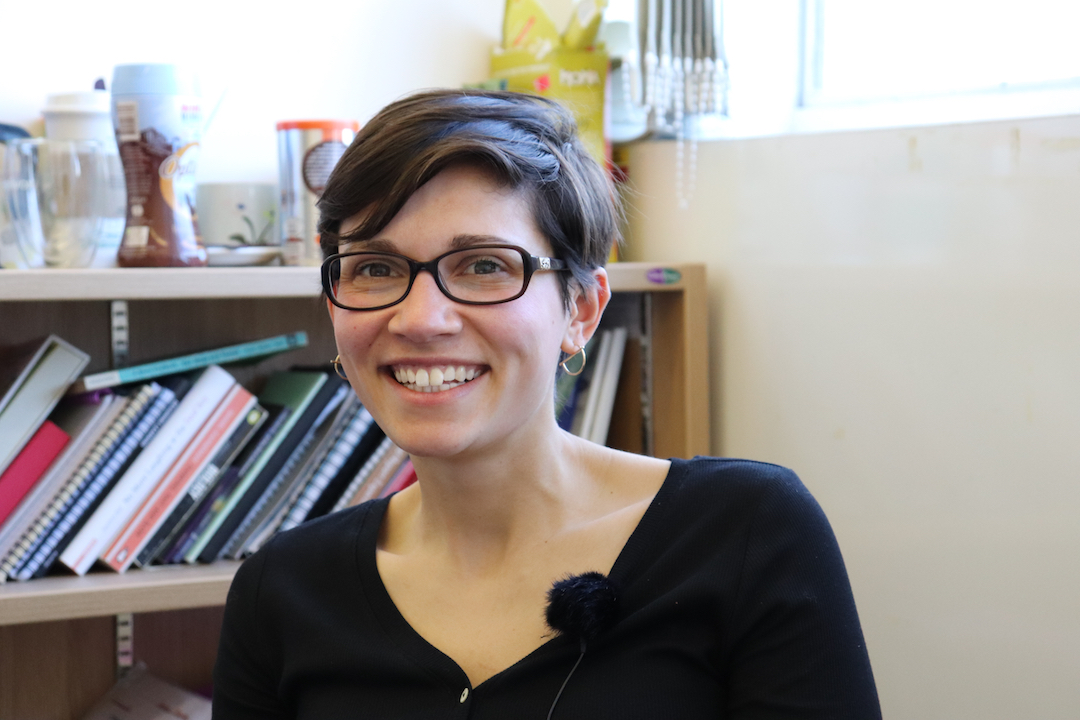During the Covid-19 pandemic we are asking project partners how their lives and research has been affected. In this post, Audiologist Dr Hannah Semeraro responds to 3 questions about listening tests, data collection and future impacts. Hannah is a Lecturer in Audiology within Engineering and Physical Sciences at the University of Southampton. She teaches on a number of undergraduate and postgraduate Audiology modules, including clinical skills and project supervision.

Have you been working from home and if so, what have the impacts been on your work?
HS. Yes, I have been working from home. The main impact is on productivity, it has been massively reduced (I have a 3 year old). I listen to less loud music now as well as I used to have the car stereo on full blast during my commute. From a work perspective I spend a lot more time trying to fill in the blanks in meetings with dodgy connections!
Much of your work depends on physical listening tests with members of the public and professions. What might the pandemic help or hinder going forward in terms of these tests?
HS. We haven’t had to think about this much because of the stages we were at with various listening projects. But we are now starting to think about options for online experimental data collection or socially distanced data collection. There are challenges to this such as we cannot carry out otological health checks beforehand (looking in the ear, audiometry), but also perhaps it will push forward development in this area. Data collection and gathering large samples of listeners is a massive challenge for auditory science, if people can take part in your experiments from the comfort of their home, perhaps we could achieve more, quicker.
As a professional listener who assesses hearing within the workplace can you envisage any new demands or challenges during the ongoing uncertainty of the pandemic?
HS. I think the sort of challenges I am interested in are unlikely to change long term. We will still have fire-arms, there will still be noisy factories, we will still listen over headsets/phones. One thing, which I hadn’t thought of until now, is that maybe in jobs where previously face-to-face contact was the norm, there will be more phone/online interaction, that requires a certain level of hearing ability. So, jobs that previously may not have required hearing standards because there were no hearing critical tasks (where you can’t compensate for poor hearing with another mode of communication) might need to start thinking about this. There are employment and discriminations issues here going forward to think about as well.
Hannah Semeraro, audio excerpt from our forthcoming podcast series.





